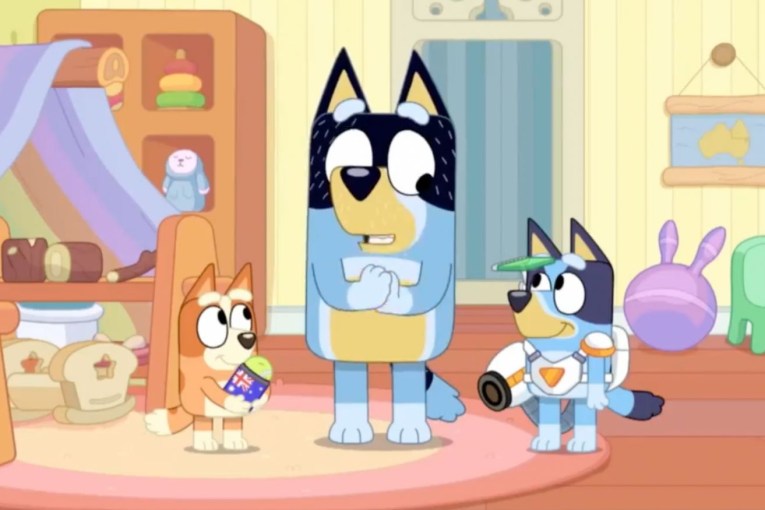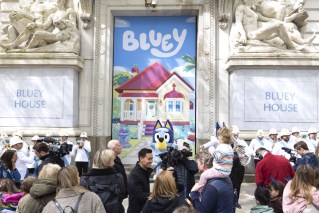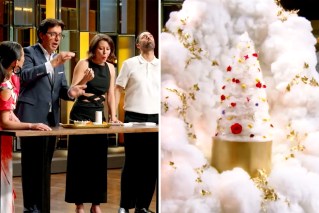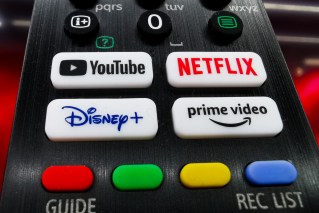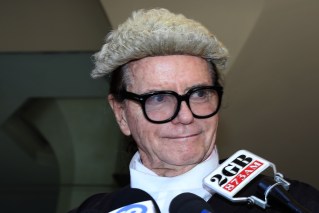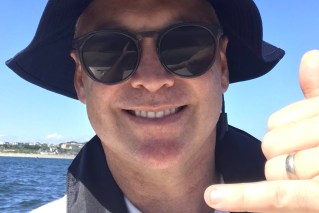Analogue TV moments: Graham Kennedy banned

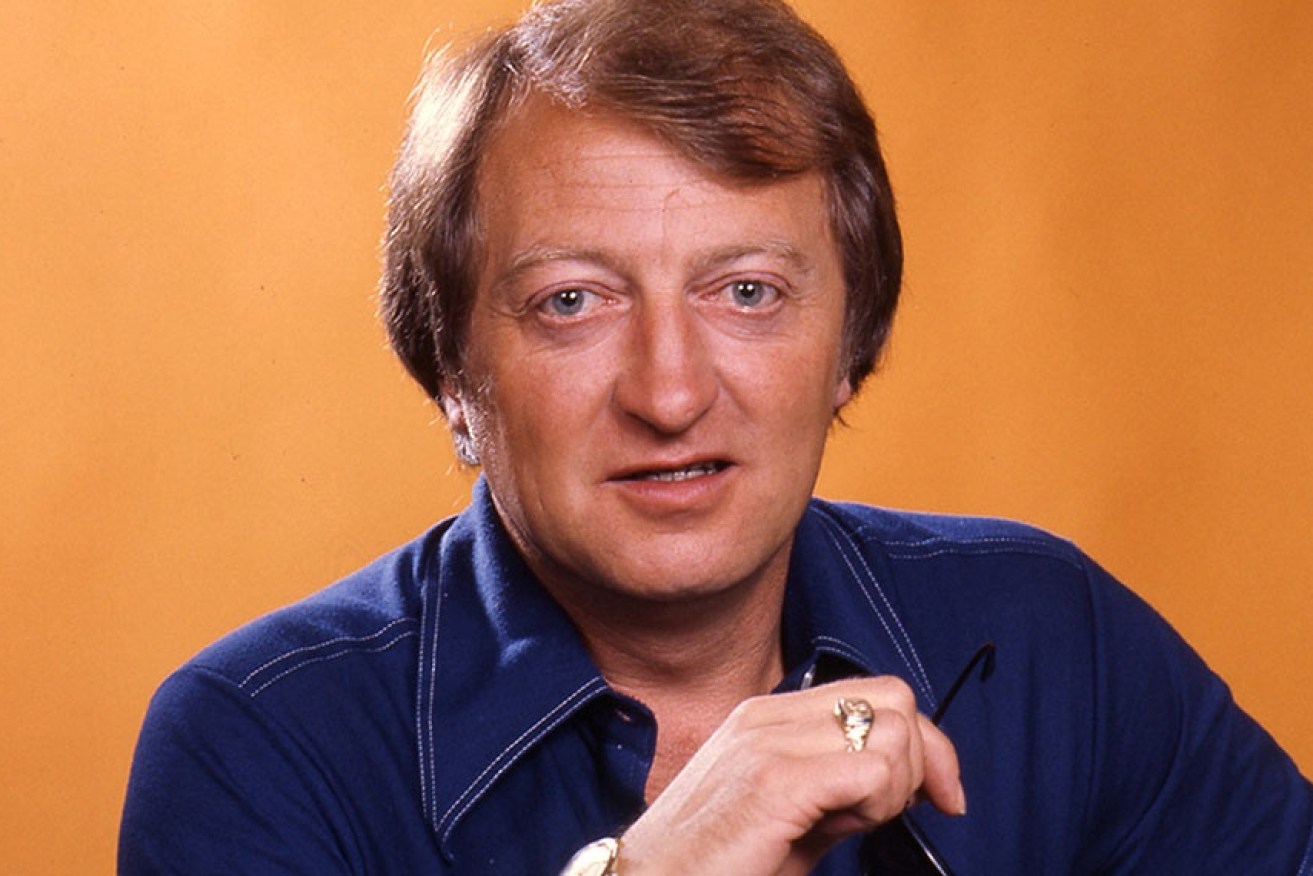
AAP
“..Faaark”
“..Faaark”
A crow call was how Graham Kennedy, the King of television, described the blaring nasal “Faark” sound with which he increasingly peppered his mid-seventies variety comeback show, The Graham Kennedy Show.
The Australian Broadcasting Control Board, the arbiter of all that was broadcast in Australia, saw it differently. “Faaaark”, said their Chairman Miles Wright, was nothing short of a poorly disguised expletive, a corruption of the F-word, and was unacceptable on Australian television. Kennedy was warned.
I’ve never met Graham Kennedy but like the rest of Australia I feel I know him.
In the first week of March 1975, Graham Kennedy went live to air and in defiance of the dictum of Channel 9 management and the prior warnings of the Control Board, opened his show with several extended “Faaaaarks”. Some saw Kennedy’s belligerent stance as nothing more than a ploy to induce his dismissal by Channel 9; Kennedy’s ratings were hardly world-beating and he was a giant of a performer unaccustomed to coming second.
Now in corrosive confrontation with the powers that be, Kennedy called for the dismissal of the Chairman of the Control Board and incited his viewers to make their dissatisfaction known by telephoning the Control Board. Then, lest there be any doubt, Kennedy unleashed a major aural assault of “Faaarks”
The Control Board was flooded with telephone calls supporting Kennedy. The standoff was now untenable.
On March 18, 1975, the Australian Broadcasting Control Board met with Kennedy.
The king of Australian television emerged from the meeting and announced that he had been suspended from appearing on any live broadcast on Australian television.
He had been banned.
Cut to 1990. It’s now fifteen years since the last “Faaark” and seemingly a lifetime since Graham Kennedy was censured.
I am on the verge of hosting my own Tonight Show. I receive a telephone message from a Graham Kennedy. “Would you like to catch up for a bite of lunch?” I imagine the message to be a prank call from my mate Tony and so I give Tony a bell and go through him like a dose of salts. Tony has no idea of what I’m talking about.
It transpires that the lunch request is from the real Graham. The real King.
I’ve never met Graham Kennedy but like the rest of Australia I feel I know him. I have grown up with Graham and his impish larrikin ways. I’ve shared the joy of nightly live television as the master scallywag ad libbed and improvised and teased and deconstructed his way through his Tonight Show.
“Seriously, Would you like to catch up for a bite of lunch?”
Are you kidding? I would. And I do.
We meet at his favourite restaurant in Sydney, in the shadow of the Harbour Bridge, and for seven hours Graham talks and I listen. It is clear that Graham is “on”. He is a dapper, vivacious version of his television self, performing, exuding charm and energy, segueing from one topic to the next, always in control, holding court in an uninterrupted seven-hour-long one man show. I am his audience and he is the King. Just as he had been all those years ago. But now it is me and him.
As we part, he suggests a further lunch the next day. “Pity to stop so early. Are you free tomorrow?”
And so the next day we pick up from where we left off and for another afternoon, I listen and absorb.
The conversation turns to the boundaries of taste and I ask Graham about the Crow Call. “ Why the Crow Call?”
He thinks. Eventually, “Because I wanted to. Because they didn’t want me to. Because I could. Because I should.”
Because I should.
Graham’s unstated argument is the argument of all comedians everywhere.
In the United States only a few years before, the outspoken freeform comedian Lenny Bruce had articulated the right of performers to explore the profane in terms only an American could conceive of, connecting the freedom to say F..k to the central freedoms of democracy . In Bruce’s words “take away the right to say F..k and you take away the right to say F..k the Government”
Graham Kennedy was no Lenny Bruce. Then again, Lenny Bruce was no Graham Kennedy. Bruce was the angry satirical voice of his time and place, a political activist wrapped in a wise guys clothing. Kennedy was an entertainer, a wit, the master of a medium, a scallywag. Bruce was borne of the American civil rights protests, Martin Luther King, the aftermath of McCarthyism and the Ku Klux Klan. Kennedy’s targets were the status quo of commercialism, his sponsors, the television networks, his bosses and the restrictive regulatory minutae of local government and parking inspectors.
Yet they had much in common. Both of their performance styles were driven by improvisation, spontaneity and free association. Both were defiant of authority: both tested and pushed the boundaries, both were iconoclasts. Both were funny.
Critically, both passionately believed in the right of everyone, anyone, to say anything.
Today in the age of Big Brother and thecomedychannel and Meet The Fockers and FCUK, the sound of “Aaaark” and the battlelines over a Crow Call may seem small beer.
Nearly forty years on, the sound of the Crow Call might have faded but the idea of the Crow Call resonates still. It’s a small step from banning one word to banning two words. And then a sentence. And before long, an idea.
To be truthful, I never found Graham’s “Faaark” that amusing. But the idea behind the “Faaaark”…
